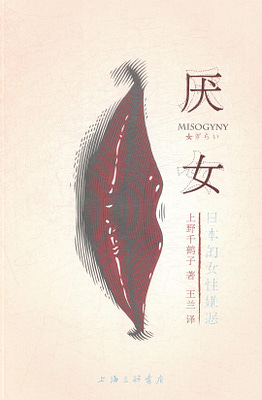CWN#10: Webfiction as subversion // Literary news bulletins
Feminism, queerness, and nationalism on the Chinese internet
By Andrew Rule
Welcome back to the Cold Window Newsletter. In this issue, we approach the end of my 13 Ways of Looking at Chinese Internet Literature series with a close look at online fiction and systems of power in today’s China. Then, a few flash bulletins on this season’s literary awards and releases.
Thirteen ways of looking at Chinese internet literature: Fiction, identity, and the state (#9-11)
A lot of what I know about Chinese internet literature comes from conversations with friends who have been reading this stuff much longer than I have, and one common refrain I’ve heard has puzzled me since the very beginning. Friends often warn me that the approach to gender and identity in web fiction is regressive, lowest-common-denominator, unliterary. Before I’d read a word of online fiction, I’d heard classmates dismiss all female-oriented novels as 霸总文 (stories about “domineering CEOs,” an archetype for cold, dominant male love interests) and 后宫文 (“harem” stories, a typically male-oriented genre in which the protagonist collects or seduces an endless parade of women). If you flip through Megan Walsh’s chapter on internet fiction in The Subplot, or even just scroll down the front page of Webnovel, you’ll also come away with the impression that Chinese web novels are sexist to the core.
And yet feminist discourse is surging in ever other corner of Chinese popular culture that I interact with: books, movies, social media. Clearly, between an increasingly gender-aware youth culture on the one hand and the latent sexism of many internet genres on the other, all under a strictly heteronormative censorship regime, there are some rich contradictions to explore here. Let’s get into it.
Way #9: Internet literature as a vehicle for feminist identity formation
Internet literature may only have come of age at the beginning of this century, but that’s plenty long for it to have already gone through several generations of development in its portrayal of gender. The Chinese internet evolves fast, and that’s especially true when it comes to gender discourse. As a new fan entering in the 2020s, internet literature looks to me like a bewildering palimpsest of novels from different eras overlaid on one another, each bearing traces of the trends, gender norms, and censorship environment of when it was written.







